Edit Content
Ethan’s Tech Turns 10 – Big Savings, Bigger Celebrations!
Course DevOps Certification Course in Pune
In Partnership with

Certification Partner




DevOps Program at Ethans Tech, is a set of practices that combines Software Development (Dev) and Information Technology Operations (Ops) which aims to shorten the system development life cycle and provide continuous delivery with high software quality. Sententiously, “DevOps is a culture of getting things done.” It’s not a goal, but a never ending process of continual improvement.
DevOps is a buzzword in recent times and a lot of people and organizations are using it frequently. There’s no single right answer for the question,’What is DevOps? and what it offers’. It’s all about perception, experience and understanding of the culture of the organizations and how it fits in the current era. DevOps classes in Pune provides you in-depth knowledge of various major and minor DevOps tools including Git, Mavens, Chef, AWS, Ansible, Jenkins, Grafana, Docker, Kubernetes, Puppet & Terraform. It’s endorsed in a precise way, that helps one in becoming a certified practitioner through best practices in Continuous Development, Continuous Testing, Configuration Management and Continuous Integration, and finally, continuous monitoring of software throughout its development life cycle.
As per the study, the adoption rate increased significantly from 2015 – 2020.
Team at Ethans Tech is talented DevOps SME deliver DevOps Training in Pune since 2015, our strong DevOps skills given 2000+ DevOps engineers to Pune market.
In a nutshell, there are top five reasons why the industry has been speedy to adopt DevOps principles:
1. Shorter Development Cycles, Faster Innovation –
When development and operations teams are in separate silos, it’s usually difficult to tell if an application is ready for operations. When development teams simply turn over an application, the operations cycle times are extended inessential. With an integrated development and operations team, applications are ready for use much more rapidly. This is mandatory, as companies succeed based on their ability to innovate speedily than their competitors do. In fact, Kevin Murphy from Red Hat estimates that shorter development cycles translate to bringing an application to market 60 percent faster than with traditional approaches.
2. Reduced deployment failures, Rollbacks and Time to Recover –
Teams experience deployment failures due to programming deficiency. The shorter development cycles with DevOps encourage more frequent code releases. This, in turn, makes it quite easy to make out code defects. Hence, teams can reduce the number of deployment failures using agile programming norms that call for collaboration and modular programming. Rollbacks are equally easier to manage because, when necessary, only some modules are affected. Time to recover is a very important issue, as some non-performance has to be anticipated. But, recovery is much quicker when the development and operations teams have been working together, exchanging ideas and accounting for both teams’ challenges during development.
3. Improved Communication and Collaboration –
DevOps refine the software development culture. Combined teams are happier and more productive. The culture becomes focused on performance rather than individual goals. When the teams trust each other, they can experiment and innovate more effectively. The teams can focus on getting the product to market or into production, and their KPIs should be structured accordingly. It’s no longer a matter of “turning over” the application to operations and waiting to see what happens. Operations don’t need to wait for a different team to troubleshoot and fix an obstacle. The process becomes increasingly seamless as all individuals work toward a common goal.
4. Increased Efficiency
Increased efficiency helps to speed the development process and make it less prone to error. There are ways to automate DevOps tasks. Continuous integration servers automate the process of testing code, reducing the amount of manual work required. This means that software engineers can focus on completing tasks that can’t be automated. Acceleration tools are another opportunity for increasing efficiency. For example: Scalable infrastructures, such as cloud-based platforms, increase the access the team has to hardware resources. As a result, testing and deployment operations speed up. Build acceleration tools can be used to compile code more quickly. Parallel workflows can be embedded into the continuous delivery chain to avoid delays; one team waits for another to complete its work.
5. Reduced Costs and IT Headcount
All of the DevOps benefits translate to reduced overall costs and IT headcount requirements. According to Kevin Murphy from Red Hat, DevOps development teams require 35 percent less IT staff and 30 percent lower IT costs. Average Salary given to a DevOps Engineer is around $127,231 per annum.
Ethans Pune provides highly professional and advanced training tailored to industry needs, with a strong emphasis on practical and project-based learning. Our program features interactive sessions with individual attention, online doubt-clearing sessions, and access to recorded backup sessions. Additionally, students benefit from a dedicated forum for addressing doubts and questions.
Free courses to supplement your learning and understand cross functional demands of the industry. Recorded sessions of ongoing courses from your classes. Along with study materials in the form of assignments, projects and POCs to guide you through modules in your ongoing class.
Each course includes quizzes, hands-on assignments, and interview preparation tailored to each topic and module. Trainers provide assignments based on students' skill levels and project requirements, with an estimated duration of about an hour per day. These assignments focus on real-world company projects to ensure practical experience. Additionally, complementary study material is provided with every course.
We are an ISO 9001:2015 certified institution. Our certificate is recognized by top companies across industries. On successful assessment by our industry experts, you will receive a course completion certificate endorsed by FutureSkills Prime. This enhances your curriculum vitae, gives you a competitive edge, and increases the weightage of your resume upon completing both the course and the associated projects.
Ethans provides multiple use cases on real time projects. It helps students to understand the business requirements, analysis of requirements and challenges on real time implementation. We make them industry ready.
On successfully completing a course with Ethans, you could be eligible for a job assistance program. Under this program we help students to build a perfect resume and optimize online profiles for job calls. Alumni group of 5000+ students help share the opportunities. 3000+ freshers/professionals received jobs in top companies in India or across India with good salary packages.
DevOps is the generic ideology which requires basic understanding of infrastructure of the IT industry and basic understanding of any operating system preferably Linux.
In Short Anybody who works in the IT Industry, In today’s world, there’s no age to upskill onself. Right from class eighth school boy to a well-experienced working professional, irrespective of their domains are eligible to learn DevOps.
You will have access to the technical discussion forum lifetime, which will help you in resolving most of your doubts and queries. Eventually, you can connect with your respective faculty directly, else reach out to the nearest Ethans help desk for further assistance.
Our faculties are all extensively experienced IT Industry experts and real time corporate trainers from renowned MNC’s with marvelous knowledge in the subject matter. In addition to their standard duties of imparting knowledge, faculties also undertake consulting assignments for leading Indian and Multinational Companies that gives practical exposure based on real time scenarios from their world of experience. Ethanians that upskill are able to vividly recall classes even after years. Such is the impact of our remarkable trainers on the students.
Yes, Ofcourse. You will be provided with both, hard copies of the study material upon enrollment and soft copies will be shared by the respective faculties over the cloud during the program.
Ethans is a Market leader in Cloud, Automation and Analytics (such as Python, Data Science – Machine Learning, Artificial Intelligence, AWS, Azure, GCP, DevOps, Hadoop, Selenium, Robotics Process Automation, etc.) helps working professionals and freshers in enhancing skills in multiple technologies as per the market demand.
Yes. Ethans being one of the top notch institutes, has a wide network in the market. We do have collaboration with multiple companies that helped 3000+ freshers to get place and working professionals to switch their domains in top companies across India. On course completion, one becomes eligible for the placement assistance.
There are multiple institutes which are providing software training courses, but only Ethans offers professional training on various demanding technologies with flexible timings over the weekdays as well as on weekends depending on the requirements of working professionals.
We have a big pool with a strong and renowned team of professionals having extensive expertise in the technology they deliver. Our trainers are quite supportive and render an amicable learning environment which invigorates the student’s growth in an optimistic way. They are all with huge industry and teaching experiences. Some of them hold more than two decades of experience of the same industry.
We are open for both, lump sum and installments. Best to pay it in one go, but we avail maximum two installments. First installment is to be cleared on the very first day of the class and the second one, within 21 days from the batch commencement date.
No. Fees once paid is non-refundable and non-transferable at any case, as we assure best training quality at Ethans Tech. We do not let go of any of our valuable students and ensure to deliver the quality that meets one’s requirements and is worth it. Each one of you is important to us.
As of now, Ethans has presence at three locations in Pune (Pimple Saudagar/Kharadi/Baner) and in Noida as well. Looking forward to expanding gradually across India with all your support. Ethans has state-of-the-art-infrastructure that accelerates a pleasant and academically vigorous and stimulating environment for the students and the faculty.
Yes. Ethans renders Online training too. It’s a virtual and absolutely interactive training by the identical faculties that educate at our different branches with the help of a specific software which is best to intercommunicate online. You will be obtaining uniformly the same study material and assessment in online training as in the classroom. Educating yourself from Ethans Tech either by classroom or online means is the same, as the instructors don’t change. Now, it depends on the students, which mode to prefer based on their comfort levels.
On enrollment at Ethan’s Tech, you are provided with a flexi pass that avails eight months free re-joining option within the same branch and under the same trainer from the date of enrollment. We also provide online recorded sessions as backups. Options available for branch change with nominal charges as per the norms and regulations of the institute.
Yes. Certificate is issued to the respective student, after the course completion and assessment which is valid in multiple companies and apparently, it becomes an edge in your curriculum vitae in order to showcase your skill set.
Yes, we are frequently engaged in corporate training being the market leader with a big pool of corporate trainers having a wide network with collaboration with several top MNC’S that ultimately becomes an add-on for placing our students with such references.
Basically, there are two ways of registering with Ethans Tech, Online and Offline. In terms of Online, you just need to visit the enrollment tab on your website – www.ethans.co.in which will redirect you to the enrollment form, wherein you need to fill all your essential details and proceed further by paying Rs. 5000/- as the registration fees (inclusive of your standard course fees) For Offline admission, you can can contact and visit any of your nearest Ethans branch and carry out the further formalities under the guidance of the team at Ethans Desk.
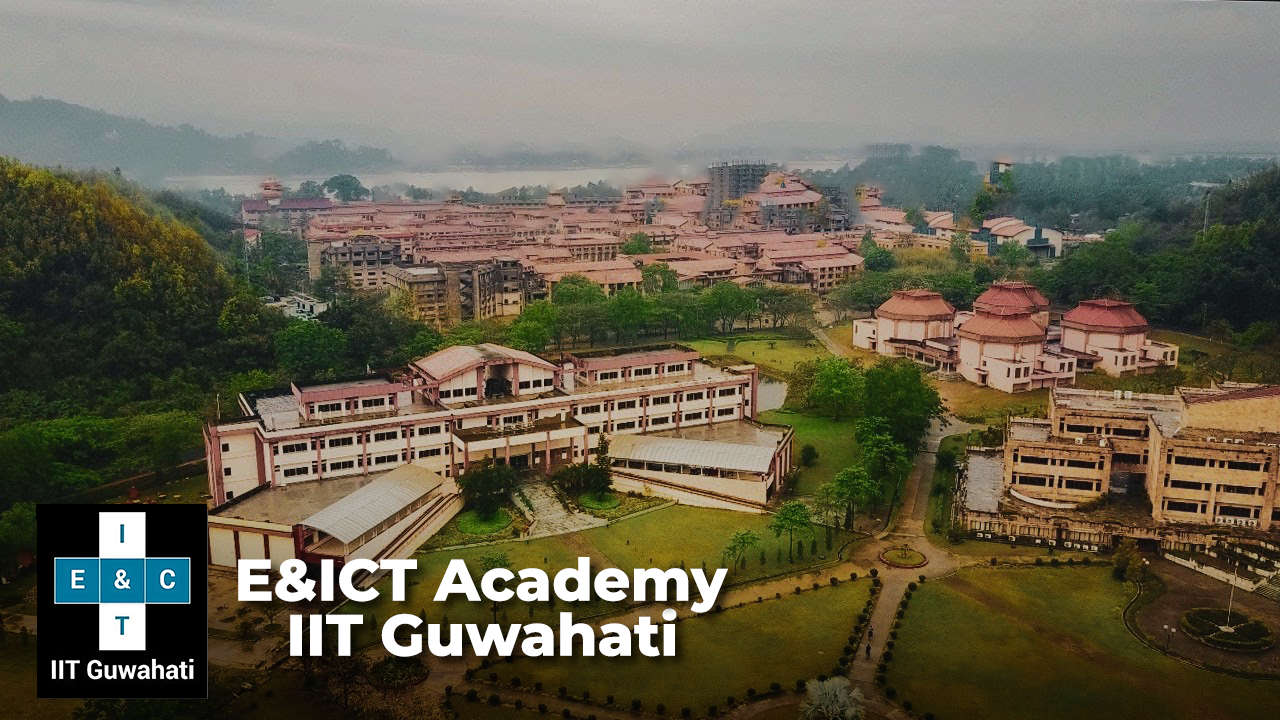
Advanced Certification in Data Science & AI, offered in association with E&ICT Academy, IIT Guwahati…..
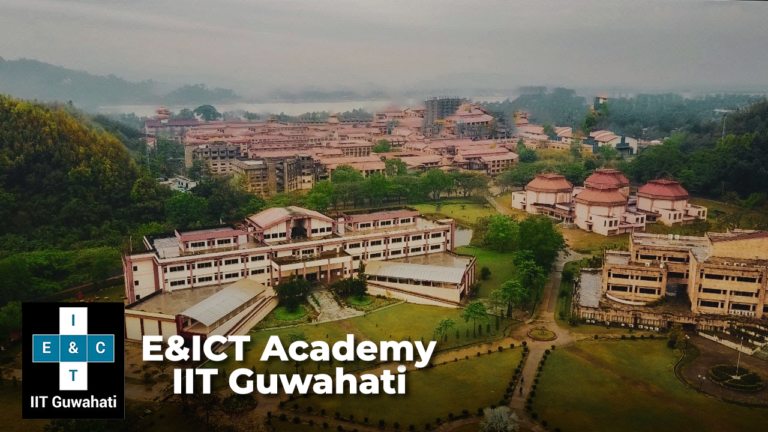
Advanced Certification in Cloud Computing & DevOps offered in collaboration with E&ICT Academy, IIT Guwahati….

Advanced Certification in Full Stack Development, offered in collaboration with E&ICT Academy, IIT Guwahati….

Sr. Team Manager at Gallagher
The courses are premium and great commandments. Instructors are always there to clear the queries and prompt you when you open an issue if you are having any trouble. Added bonus - you get the software, study material, and certification of the course you opt for! I have enrolled in so many courses and they always offer the best course each and every time I enrolled. Love these guys. Salute to their service !!

Network Design Specialist at BT, UK
The training is really marvelous and we are about to start a POC that would really help us in implementing the real-time scenarios. Overall the session is good and interactive. Thanks for all the classes organized. I am immensely satisfied with the course content, they offered pre-recorded classes and 8 months of post-class assistance from experts. I exceptionally recommend Ethans Tech, as it’s the best for corporate leanings and all cutting-edge technologies/tools/languages.

Consultant at Credit Suisse
I am a last-year College student and my keen Interest is in Cloud Technology, In Feb’20 - Joined the Amazon courses training program from Ethans which gave me 100% Practical Hand-on training along with covered the Programming languages, Big Data Hadoop, AWS, Azure, SQL DataBase which help me to get prepared for Internship and Job. One of the best Institutes!

Intern at Ethans Tech
Classroom sessions were delightful. Don't have a command of Linux and Python, and because of that feeling of lagging somewhere, would have more wonderful learning, if I had a command of those languages. Overall experience is superior for learning.

Technical Service Engineer Expert, Fujitsu
It was a great learning experience from Ethan's teaching Skills are pitched perfectly. The trainers were well Experienced and motivational. They always make sure that each and every student should be crystal clear with every topic, and they are always ready to help, this is what helps them offer the best service to their students. Thanks, a bunch of Ethans for developing my interest in coding.

Student at Guru Nanak Dev Engineering College, Ludhiana

Ethans Tech, a Pune-based start-up that provides training to software engineers, has seen a three-fold...
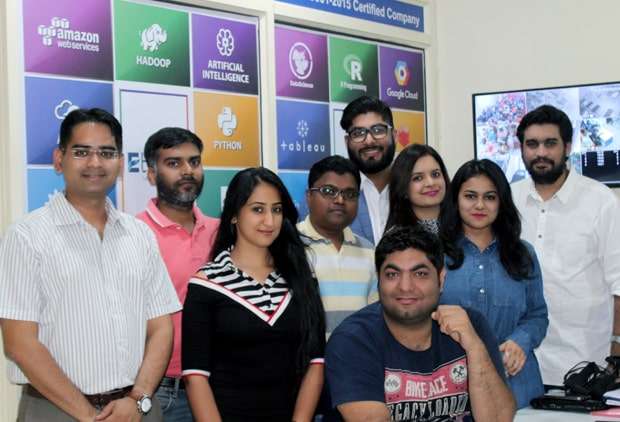
The advent of emerging technologies....
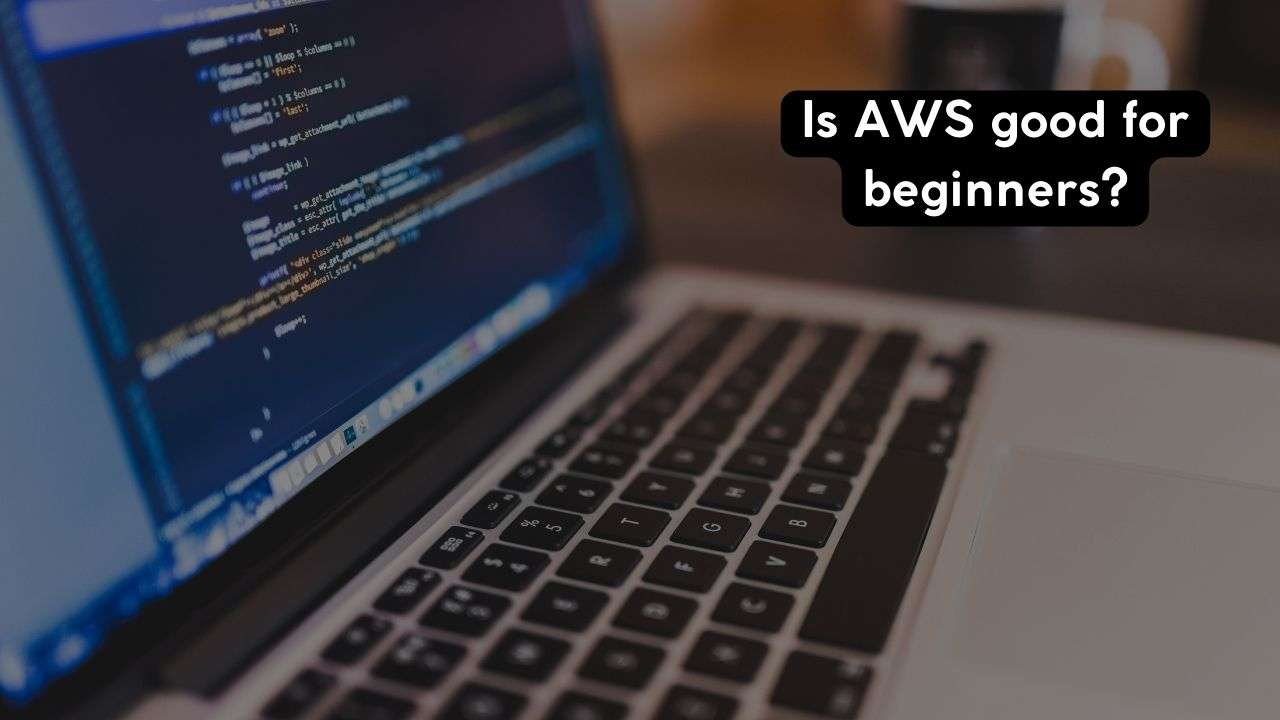
Amazon Web Services is the acronym AWS. It is an industry leader in Platform as a Service (PaaS)…
Download on: ![]()
![]()
Copyright 2025 Ethan’s Tech Solutions LLP. All right reserved. |
Refund Policies & Terms
WhatsApp us
In Partnership with
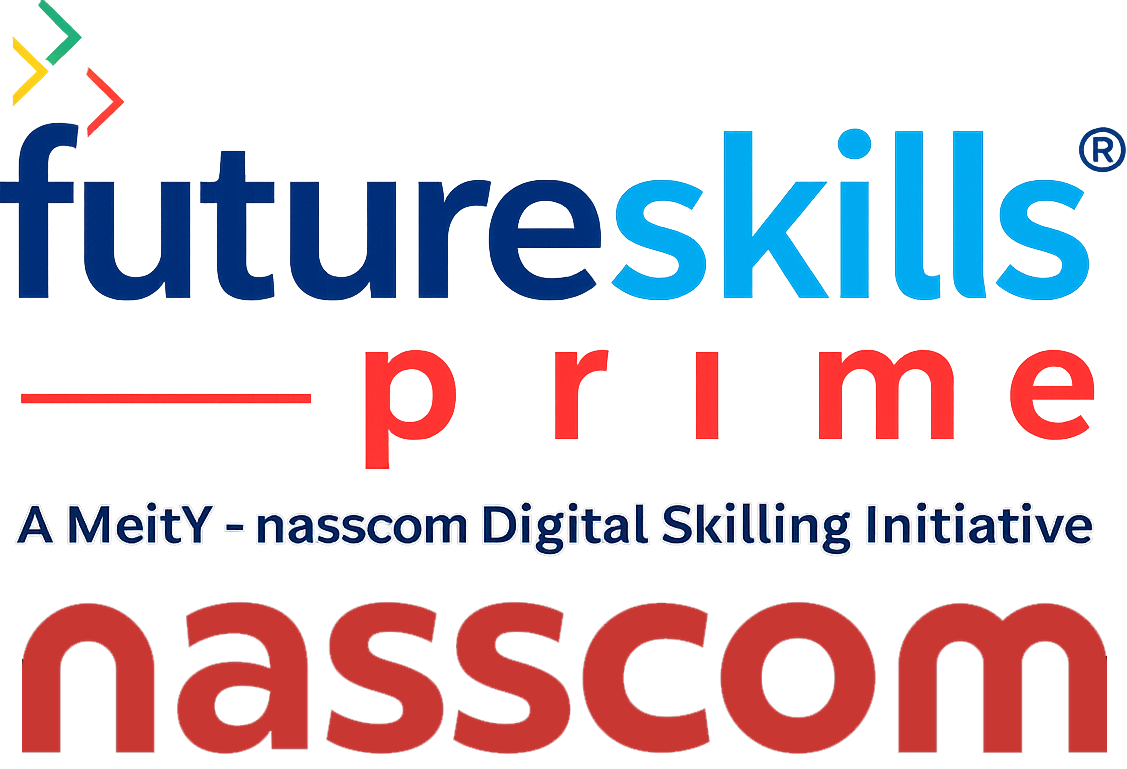

Hi, it was a great and quality experience to get upskilled in Python from Ethans Tech. The program is well designed and the trainer was highly experienced and good at presenting the concepts clearly by presenting real-time scenarios. The Admin team is very helpful and they are always available whenever you need any help regarding coding or the software. Therefore, I would highly recommend Ethans Tech.